By Susan Lutz
Eating well means we must understand what healthy ingredients are. Then, we must find, prepare, and finally consume them. In each one of these steps, a pile of information, contradictions, and blockades pop up like a viscous video game, trying to keep us away from our goal of optimum health.
I find it hard enough to battle my own appetite in the quest for good health. Sugar tastes really good. So does salt. Between the battle of calories between chips and candy, I think I’m doing well for my health by choosing vegetables, fruits, and organic products. Yet, I fall short and cave in occasionally. Something I notice when I chew on a chip or down some ice cream is how much cheaper it is to fill up on this stuff.
I started reading food labels back in college when the idea of health and watching what we ate and what it was composed of became more mainstream. I focused on trying to avoid food additives, food coloring, and sugar. Every year since then, it seems another ingredient is added to the list of things-that-are-horrible-for-you. When I was a kid, doughnuts were thought of as kind-of healthy. (I mean they had wheat in them.) We’ve probably all, at times, thought we were “wholesome” products such as granola, cookies, or pizza only to find out that they’re loaded with corn syrup or low-grade industrial cooking oils, or refined grains.
Turns out, many of these not-so-healthy ingredients are subsidized by the government. And if we aren’t eating soy, grains like wheat, corn, rice, our livestock are. Even if we make a huge effort to stay away from these foods, we probably eat them at some time or another. According to this New York Times article:
Between 1995 and 2010, the government doled out $170 billion in agricultural subsidies to finance the production of these foods, the latter two in part through subsidies on feed grains….Most are used as feed for livestock, turned into biofuels or converted to cheap products and additives like corn sweeteners, industrial oils, processed meats and refined carbohydrates.
Trying to avoid these foods seems impossible. Fill up a bag with organic foods and a comparable bag of “regular” food. Feeding a family with the former is really difficult for most budgets. In addition, the government wanted to allow the non-labeling of food.
The Dark Act, a bill to stop labeling of GMO food, failed in the Senate in March of 2016. Free to move forward, the Vermont’s law requiring food to be labeled took effect July 1, 2016. Those opposed to GMO foods, claim victory only for now, yet still fear a reconstructed form of the bill could come forth in the year to come.
Information drives a consumer to make choices. Price can be the final factor. When choosing to feed a family, many of us must opt for those products because they are cheaper. And then, we get hooked. Our diet is constructed around these products. Changing my eating habits and information took years. Stopping for an organic, grass-fed, dairy cow’s ice cream could be out of the budget and often out reach, literally, for many families. Frozen ice pops in the local market’s freezer in fun-filled flavors are always ready, available, and priced to sell.

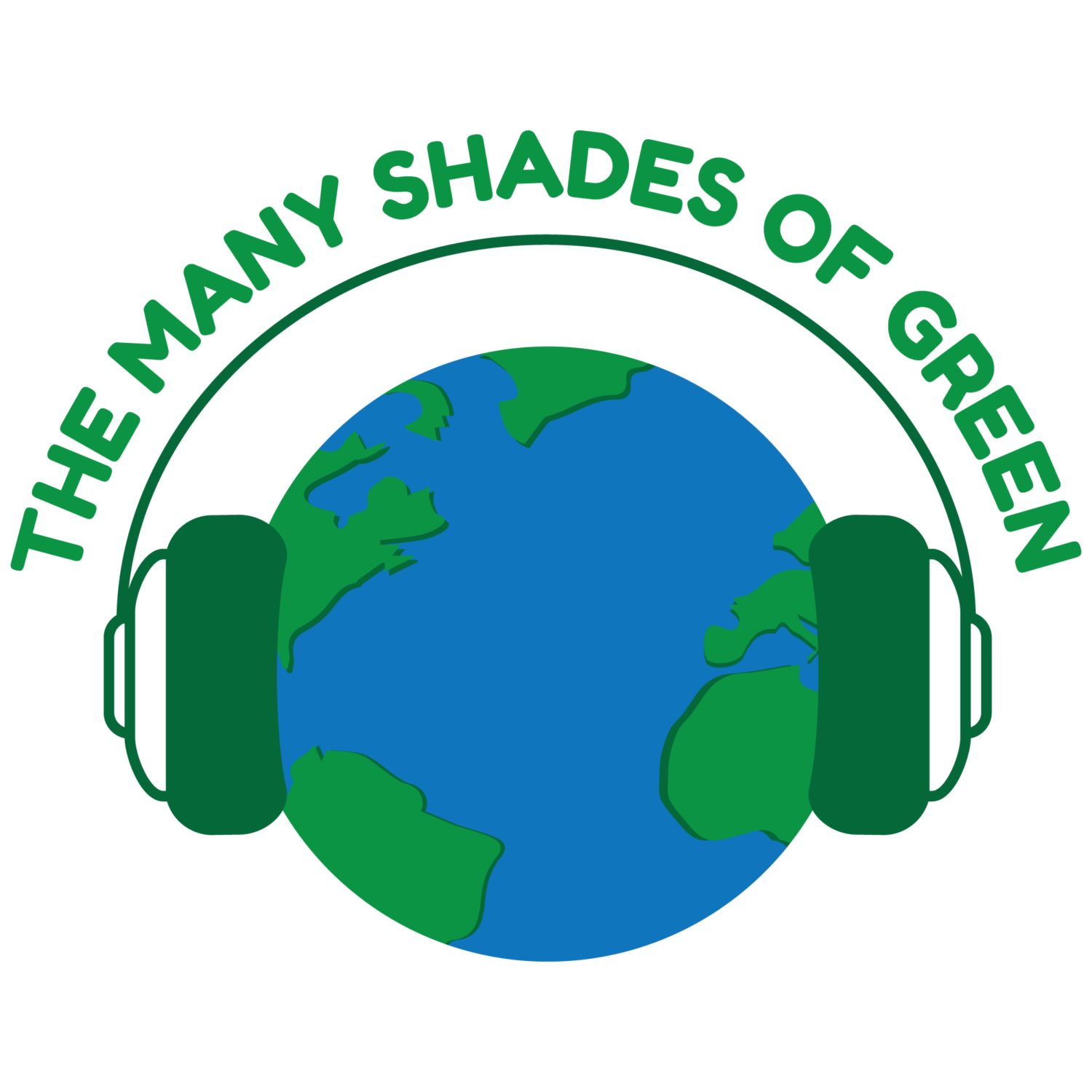
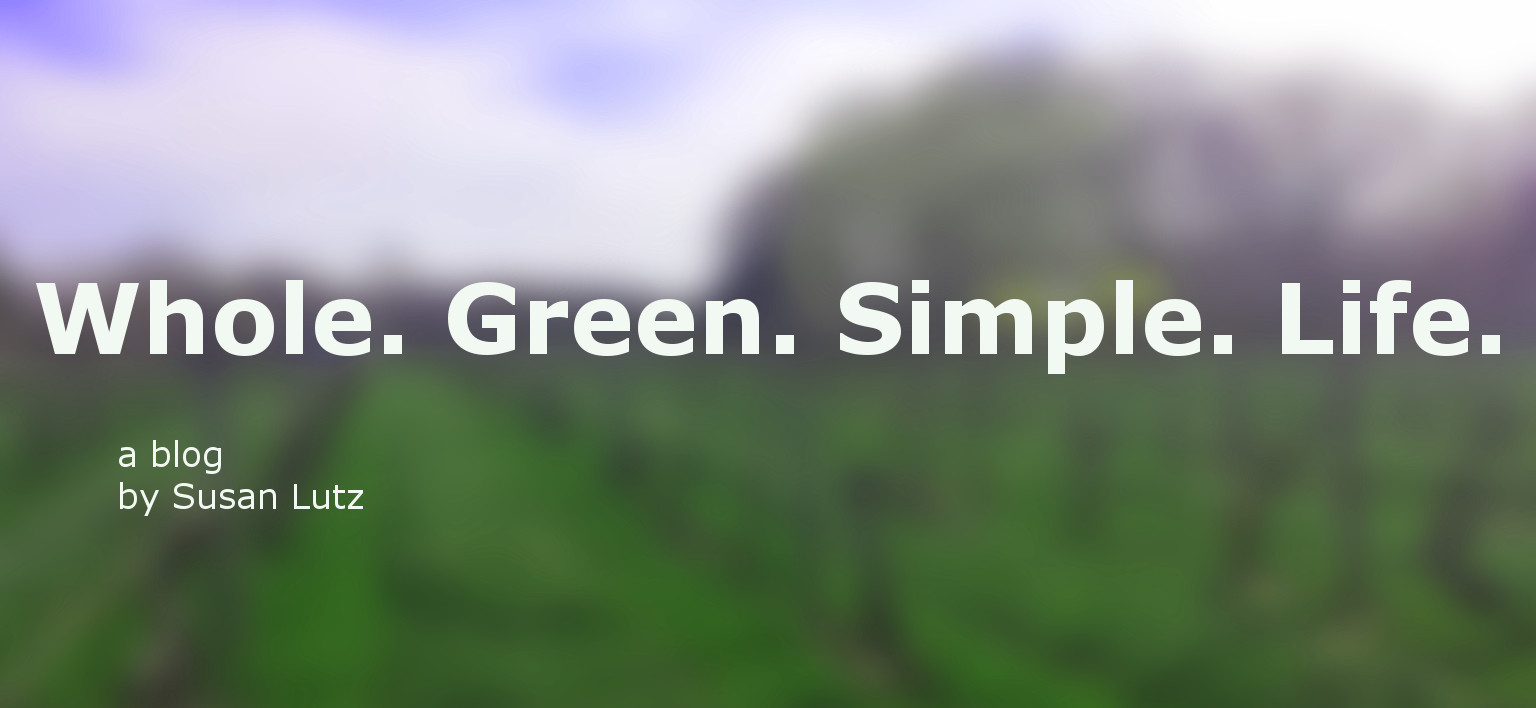
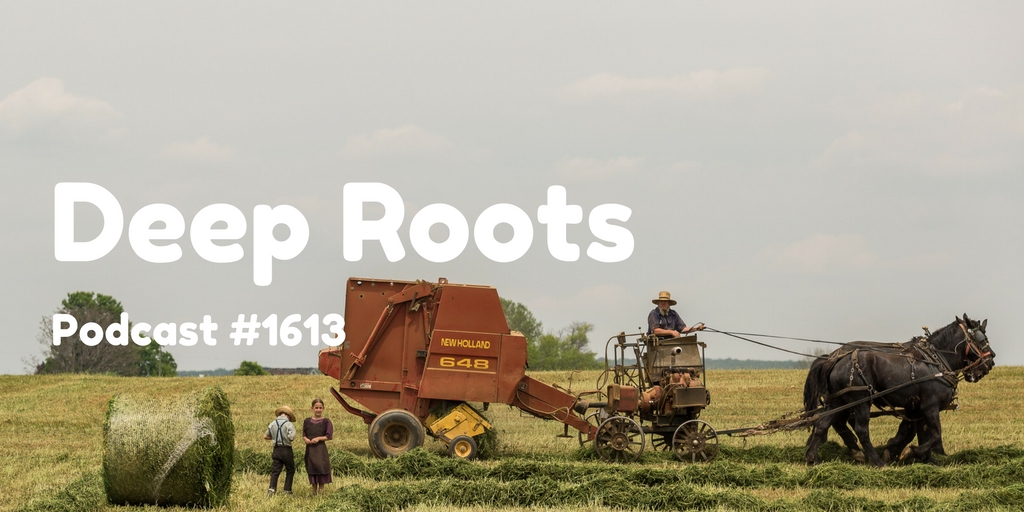
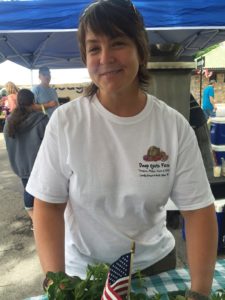 What do organic tomatoes, horn worms and Olympic figure skating legend Dick Buttons have in common? To find out, tune into this week’s show, as Allison Turcan, Stormie Velarde-Hamill and Scott O’Rourke of Deep Roots and DIG Farms, discuss what it takes to run a suburban farm. Learn about WOOFING, and no it doesn’t involve dogs howling, as well as what the difference is between organic and certified organic products. We chat about creepy, crawly and utterly gross worms which attack tomatoes and turns them truly rotten. Local farms supply the booming green markets in the NY metro tri-state area, and Scott, Allison and Stormie are not only growing amazing produce, they are working with kids, via food literacy programs, to educate them about growing delicious and healthy food. For more info go to facebook.com/DIGFarm
What do organic tomatoes, horn worms and Olympic figure skating legend Dick Buttons have in common? To find out, tune into this week’s show, as Allison Turcan, Stormie Velarde-Hamill and Scott O’Rourke of Deep Roots and DIG Farms, discuss what it takes to run a suburban farm. Learn about WOOFING, and no it doesn’t involve dogs howling, as well as what the difference is between organic and certified organic products. We chat about creepy, crawly and utterly gross worms which attack tomatoes and turns them truly rotten. Local farms supply the booming green markets in the NY metro tri-state area, and Scott, Allison and Stormie are not only growing amazing produce, they are working with kids, via food literacy programs, to educate them about growing delicious and healthy food. For more info go to facebook.com/DIGFarm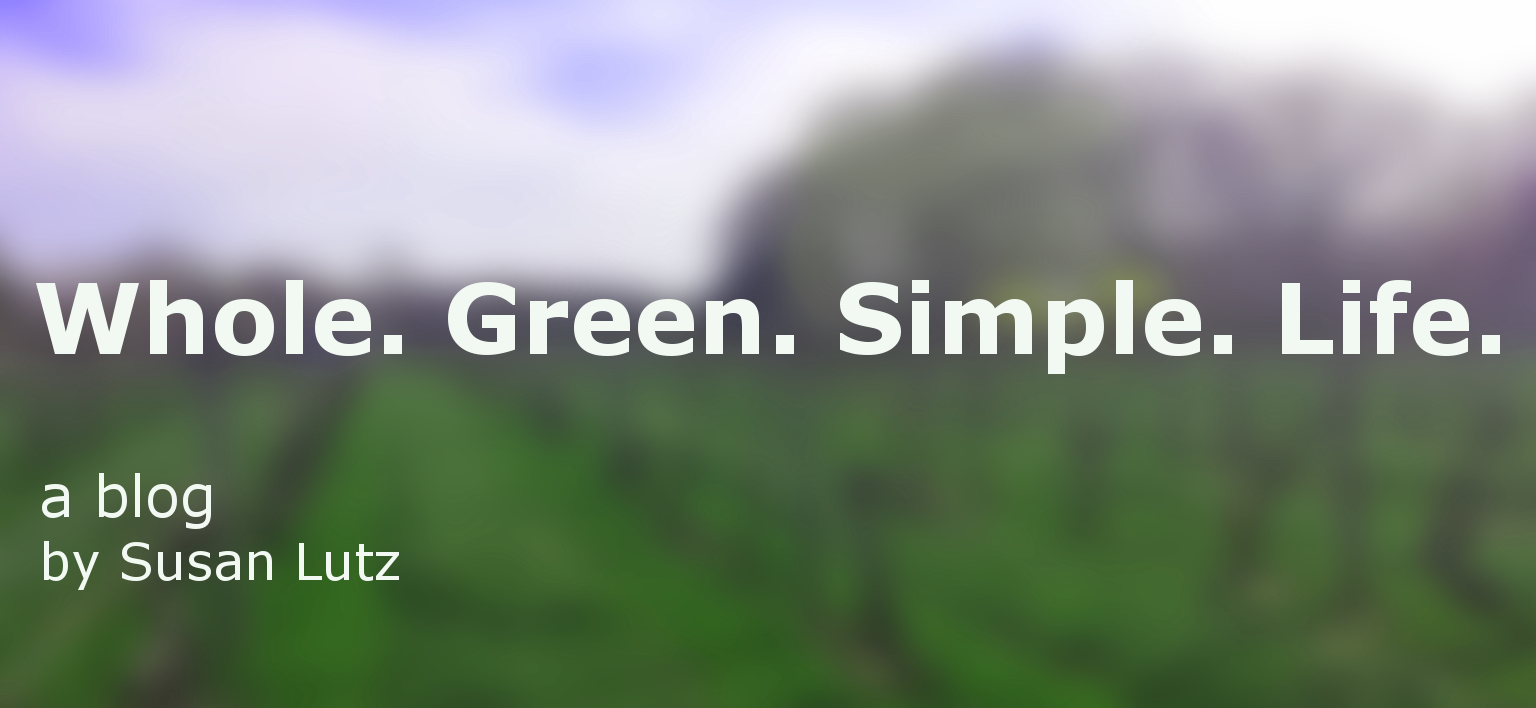

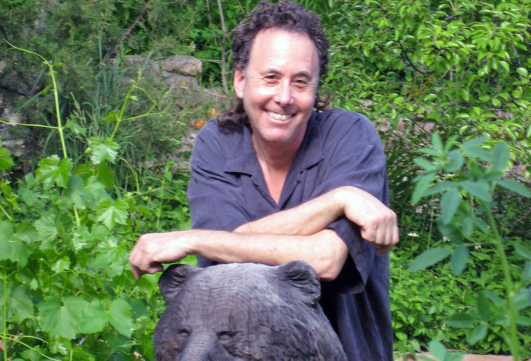
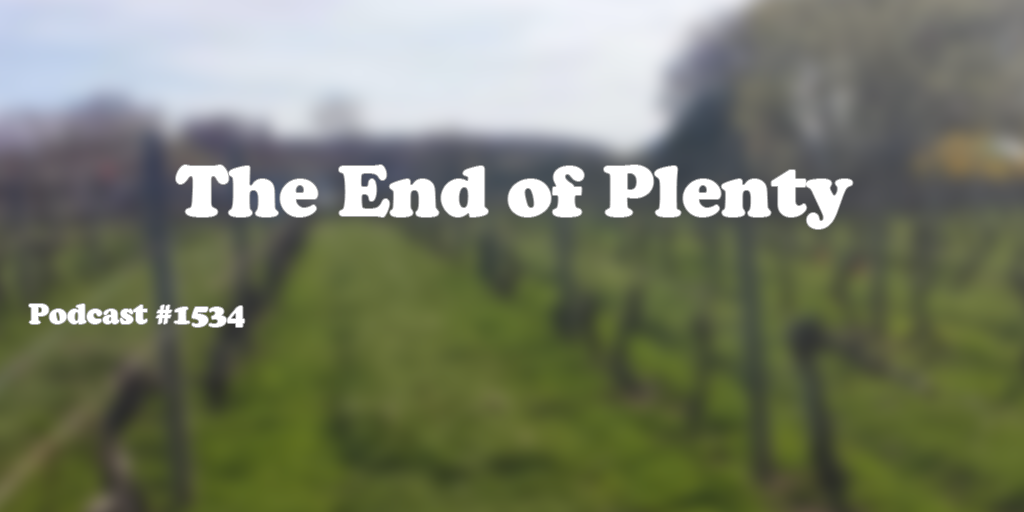
 Can we feed the world without wrecking it? Are we farming ourselves out of food? My guest, Joel K. Bourne Jr. and I delve into those questions on this week’s show. Joel’s new book, THE END OF PLENTY: The Race to Feed a Crowded World, discusses the world food crisis, as it relates to population increase and environmental concerns. Farm land is becoming decimated, as water shortages are spreading globally, thus reducing growth of crops needed to feed the populace. Political unrest and revolutions have occurred in various hot spots around the world, as wheat crops have failed, which has lead to tightening grain supplies. Lives are lost as fights break out over bread. Will 3D printing of food save us? Probably not, but there is hope, as farmers are using innovations in food irrigation, as well as conservation methods to solve some of the problems. A new land ethic must be put into place to feed the world. For more information go to joelkbournejr.com and amazon.com for his book, THE END OF PLENTY.
Can we feed the world without wrecking it? Are we farming ourselves out of food? My guest, Joel K. Bourne Jr. and I delve into those questions on this week’s show. Joel’s new book, THE END OF PLENTY: The Race to Feed a Crowded World, discusses the world food crisis, as it relates to population increase and environmental concerns. Farm land is becoming decimated, as water shortages are spreading globally, thus reducing growth of crops needed to feed the populace. Political unrest and revolutions have occurred in various hot spots around the world, as wheat crops have failed, which has lead to tightening grain supplies. Lives are lost as fights break out over bread. Will 3D printing of food save us? Probably not, but there is hope, as farmers are using innovations in food irrigation, as well as conservation methods to solve some of the problems. A new land ethic must be put into place to feed the world. For more information go to joelkbournejr.com and amazon.com for his book, THE END OF PLENTY.
 In the 1984 film Flamingo Kid, Matt Dillon’s character Jeffrey Willis, dines with his family at Larry’s Fish House, where the slogan is “Any Fish You Wish”. Cut to the summer of 2015, and my guest Noah Bressman, who is a budding marine biologist at Cornell University, has a big wish. That wish is to encourage more sustainable fishing practices on both the industry side and the sporting side. Fisherman should catch and release fish not caught for food. Regulations should be enforced to ensure more sustainable fisheries and fishing practices. Find out what mummichogs are, and how Noah’s research on that ‘intertidal killfish’ was featured on the Discovery Canada Show, The Daily Planet. Learn about what the signs at your local grocery fish counters mean when they say “all natural”, “wild caught” or “certified sustainable”. Noah is making great strides in his research, and he will continue to do great things in years to come. For more information visit Noah’s Facebook Page:
In the 1984 film Flamingo Kid, Matt Dillon’s character Jeffrey Willis, dines with his family at Larry’s Fish House, where the slogan is “Any Fish You Wish”. Cut to the summer of 2015, and my guest Noah Bressman, who is a budding marine biologist at Cornell University, has a big wish. That wish is to encourage more sustainable fishing practices on both the industry side and the sporting side. Fisherman should catch and release fish not caught for food. Regulations should be enforced to ensure more sustainable fisheries and fishing practices. Find out what mummichogs are, and how Noah’s research on that ‘intertidal killfish’ was featured on the Discovery Canada Show, The Daily Planet. Learn about what the signs at your local grocery fish counters mean when they say “all natural”, “wild caught” or “certified sustainable”. Noah is making great strides in his research, and he will continue to do great things in years to come. For more information visit Noah’s Facebook Page: